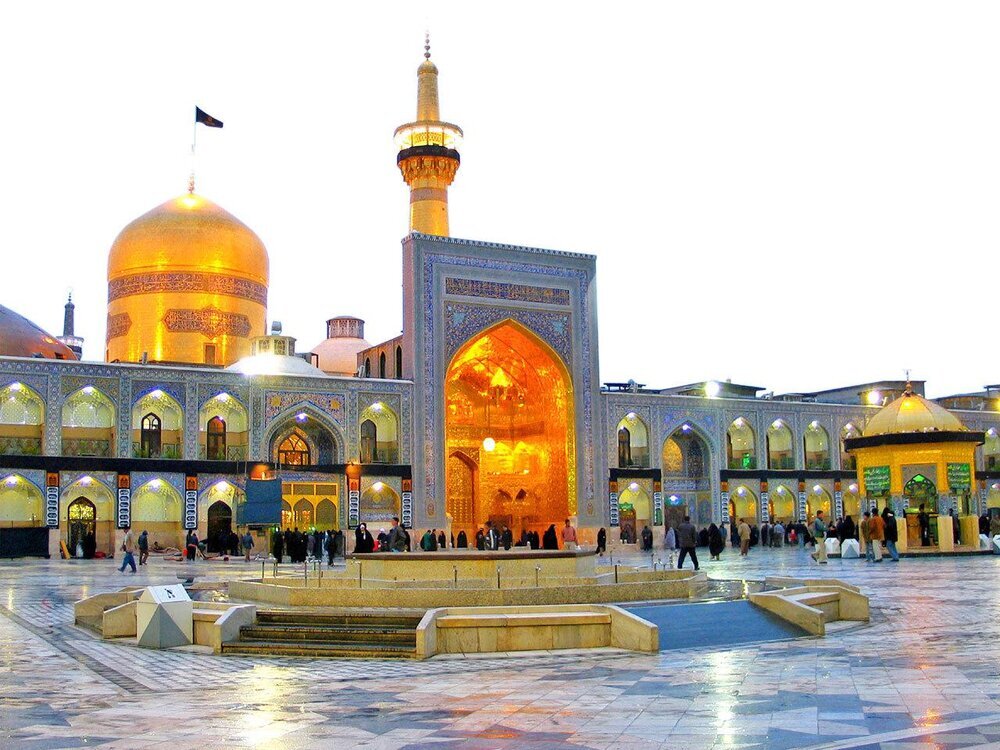Tehran, Islamabad on track to expand religious tourism

Tehran – Iran and Pakistan have entered negotiations to enhance religious tourism.
On Sunday, Pakistan media reported that its Minister for Religious Affairs and Interfaith Harmony Mufti Abdul Shakoor urged the Iranian government to finalize a draft agreement named ‘Ziarat Policy’ to promote religious tourism.
“There were many people who pay homage to the mausoleums of sacred religious figures located in Iran every year. In this regard, the government of Pakistan had forwarded a draft named ‘Ziarat Policy’ in a bid to enhance religious tourism between the two brotherly countries but it was still pending,” the Express Tribune reported on Saturday.
Talking to a delegation led by Iran's deputy director of Islamic Culture and Relations Organization (ICRO) Hossein Rouzbeh, Abdul Shakoor said proposed establishing offices in Iran including Pakistan House and facilitating religious pilgrims during their stay in Quetta and Taftan under the policy.
Rouzbeh said the cornerstone of the Iranian foreign policy was to maintain cordial relations with neighboring countries.
He invited the minister to attend the forthcoming conference being held in Iran to discuss the promotion of religious harmony and other common issues prevailing between the two countries.
Moreover, Abdul Shakoor noted that the two nations’ relations are based on common values and brotherhood. Both the countries have been desirous to resolve bilateral issues by devising a joint strategy, he said.
The dignitaries of both sides agreed on promoting bilateral relations, interfaith harmony, and cooperation in Hajj arrangements, the report said.
Based on available data, some 700,000 Pakistani pilgrims annually traveled to Mashhad to visit the holy shrine of Imam Reza (AS) before the coronavirus outbreak. Mashhad is the prime destination for Pakistani travelers who come to go on pilgrimage to the shrine of the eighth Shia Imam.
According to official data, the holy shrine of Imam Reza (AS) hosts an average number of 500,000 pilgrims each day.
Furthermore, the spiritual tradition of pilgrimage to the shrine along with sustained efforts to safeguard hospitality services for Razavi pilgrims may soon join UNESCO’s listing of cultural treasures as Iran has asked the United Nations cultural agency UNESCO to recognize the concept of ‘Good safeguarding practices to improve hospitality services for Razavi Pilgrims’.
AFM
